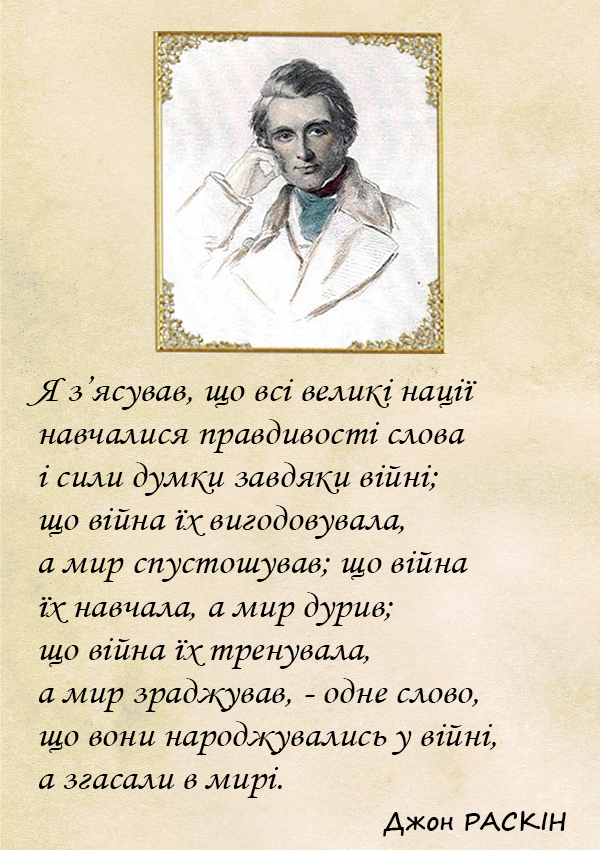
The drama craze is probably akin to the phenomenon of social media and electronic payments. It’s scary to imagine what will happen if tomorrow they stop filming good TV shows. And the bad ones too. They are also watched. From a psychological point of view, serials are a new era of human cognitive activity. The speed with which the serial industry is developing, the quality of the product and the variety of target audiences are growing, makes it possible to think that TV shows will soon receive official recognition and respect from the high-browed educational and intellectual elite and begin to be studied as examples of modern culture.
Individuation and social learning. Earlier, TV series or serial films were united around an interesting story or social problems, creating typical heroes. During the broadcast “The Meeting Place Cannot Be Changed” or “Seventeen Moments of Spring”, the streets of big cities died out, the country collectively went to home cinema, and Stirlitz, Borman and Volodya Sharapov became national heroes, recognizable types, securing a place for themselves in the mass consciousness. Nowadays, hardly anyone sets himself or herself such a task. Rather, on the contrary, in a complex world of diverse human individuals, strange heroes, “freaks” get the first roles. It is interesting to spy on unusual lives, for people who are unlikely to be found in a close environment. This is the path of social cognition. I noticed many times that very decent, intelligent people watch TV shows with the maximum amount of blood in the frame. People who are very far from the world of psychostimulants enjoy watching TV shows about drugs, etc. Compensation, sublimation of aggression, expansion of boundaries and development of tolerance – this function is very successfully performed by TV shows, providing patterns of behavior that can be learned from the comfort of the couch.
Soul kinship and social identification. If someone loves the same series as you, then there is an undeniable kinship of souls, much more intimate than the collective cinematic impulse. Watching one TV show means sharing a lot of the nuances of being. And not just once, but for quite a long time, which increases the value of such closeness. The series seems to be the last thing that holds the modern family partnership. The series, which the couple watches together, guarantees peace in the family and joint pleasure, which in the world of individuals becomes very rare. So obviously the longer the series is together, the better. Previously, this function was partly performed by books, now, of course, not. Unfortunately, or not, but it is worth admitting: V.I. Lenin was absolutely right in foreseeing that cinema would become the most important of the arts. And so it happened. Now he would definitely say that serials are the most important of the arts. The opportunities for propaganda and education through TV series are truly endless.
Education and propaganda. The children’s series “Smeshariki Pin-code” in terms of the quality and presentation of information, in principle, is capable of replacing an elementary school. And the parents are relieved of the guilt that the child is sitting in front of the TV. He does not just sit, he then unexpectedly fluently talks about space or electricity.
To rid oneself of feelings is generally a very important function of any art. Identification with the characters of the series from season to season allows entire conglomerates of feelings to live, often working as psychotherapy. You can just watch TV shows about psychotherapy, most likely something from what you see will find an inner response. And of course, this is an economical living of the senses, inexpensive. Looked, lived, discussed and forgot. Ideally, you can completely forget about your own life and completely switch to the events of the series. Thus, a very important opportunity and need for a person – to forget his life, go into a parallel world, defend himself with an illusion and live in a fantasy, is satisfied by serials.


























































Залишити відповідь